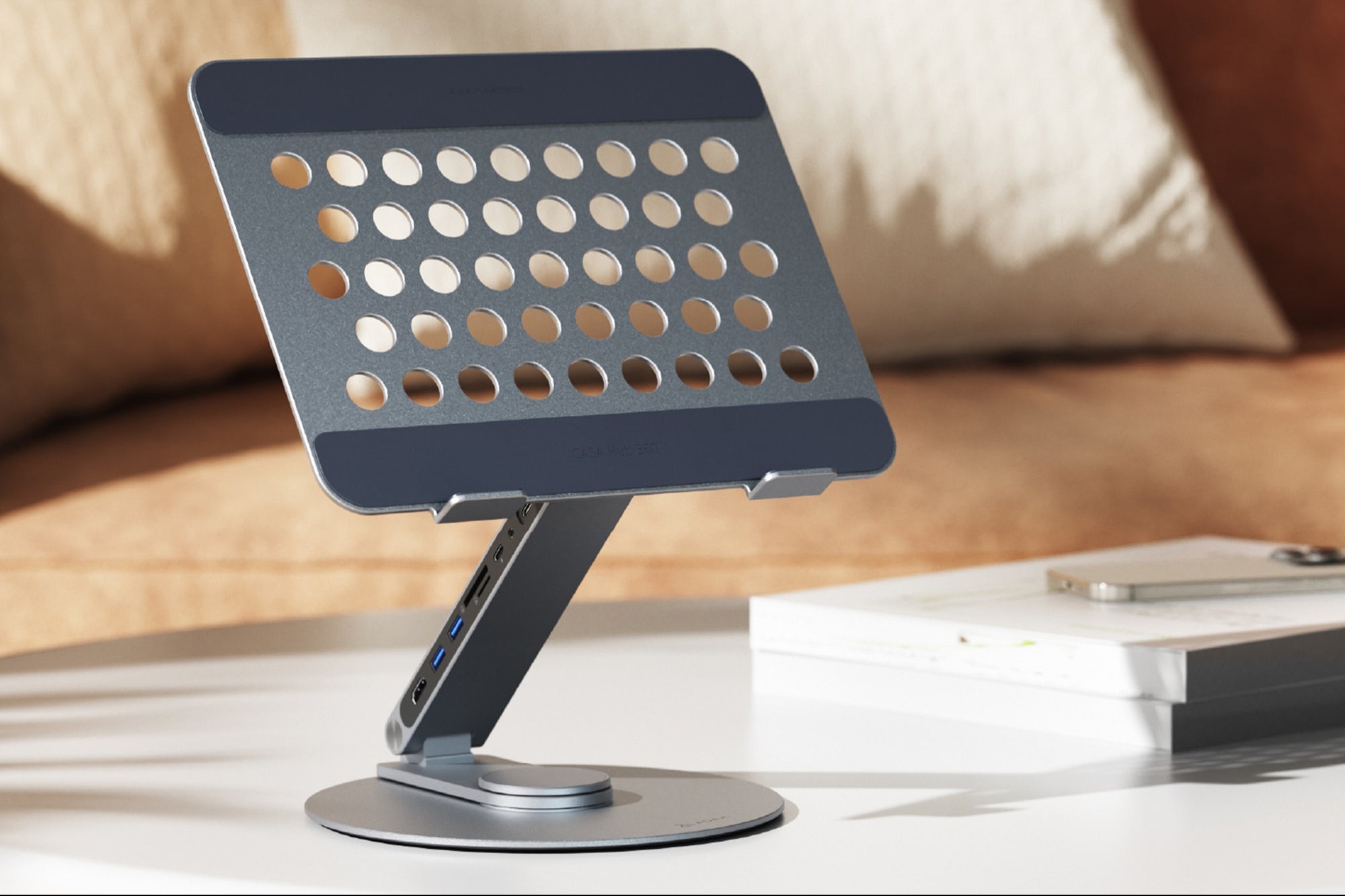Congress to Google: Glass Privacy Issues Must Be Taken Seriously In a letter to chief executive Larry Page, lawmakers demand answers on how the tech giant plans to protect citizens' private data.
By Jason Fell
Given one's ability to inconspicuously take pictures and record video while wearing Google Glass, it was only a matter of time before lawmakers demanded answers concerning people's privacy. That time has come.
Eight members of the Bipartisan Congressional Privacy Caucus have sent a letter to Google chief executive Larry Page asking what "proactive steps is Google taking to protect the privacy of non-users." The letter comes as Google hosts its I/O developer's conference in San Francisco this week.
The committee's concerns about privacy go beyond using Glass to simply take pictures and video of people without their express consent. The letter points to the eventual possibility of using facial recognition technology to "unveil personal information about whomever … the user is viewing." It also inquires about Google's plans to address privacy issues when approving new apps for Glass and how the device could collect and store people's private data.
Related: Customer Privacy: What You Need to Know About Social Media, Passwords and Transparency
"We are thinking very carefully about how we design Glass because new technology always raises new issues," Google said in an emailed statement. "Our Glass Explorer program, which reaches people from all walks of life, will ensure that our users become active participants in shaping the future of this technology."
A recent Wall Street Journal article also raised privacy concerns. "It will be only a matter of time until you'll be able to aim the lens of your [Google Glass] device at his or her face, and using face recognition technology get the individual's address, work history, marital status, measurements and hobbies," the article said.
Google Glass can also provide users with directions when traveling and even translate foreign languages via a display that sits above the wearer's right eye. Winners of Google's Glass Explorer contest are testing the computerized glasses, but the device is not yet available for purchase to the general public.











